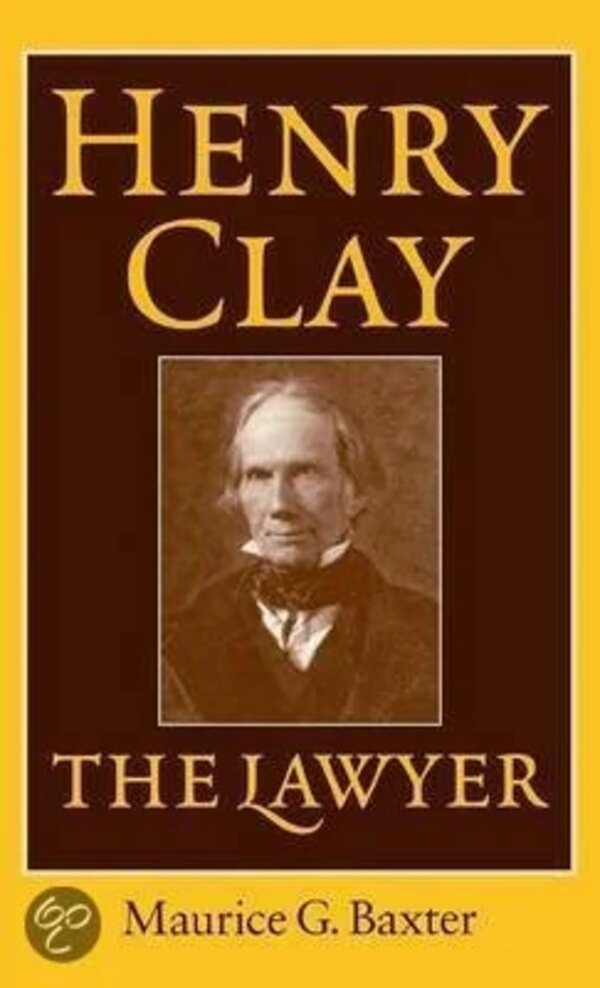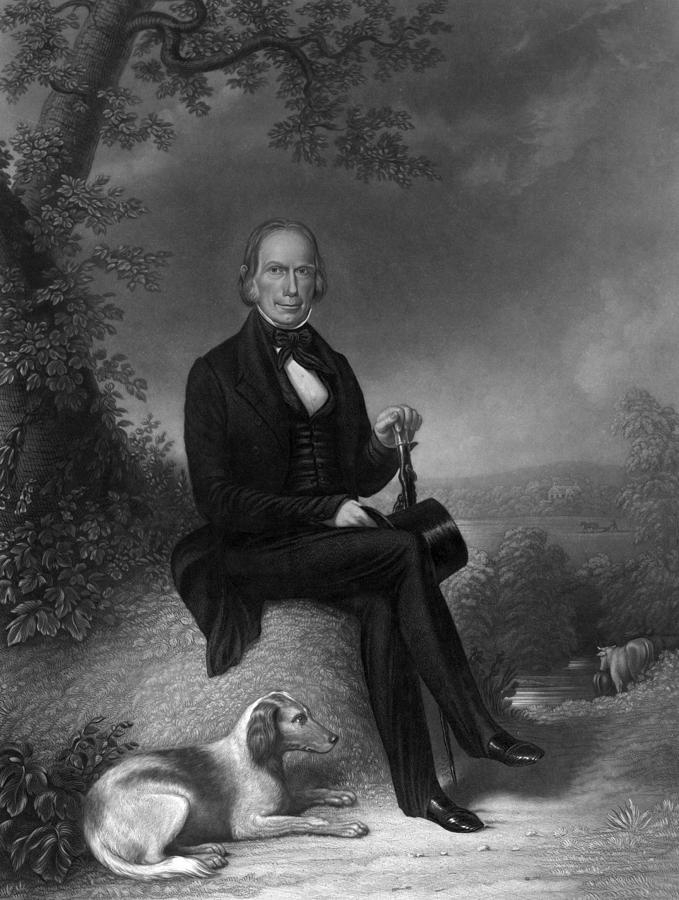Clay was a frontier lawyer
Robert Brooke, a soldier, and politician from Virginia who served as the 10th Governor of Virginia assisted Henry Clay Sr. in getting admitted to the Virginia Bar in 1797. Later, he relocated to Lexington, Kentucky, where he started his legal profession.
He worked as an apprentice for numerous Kentucky lawyers to advance his career. James Brown, John Breckinridge, and George Nicholas were some of his instructors. He subsequently started his law firm, first focusing on debt collection and property disputes.
Clay founded his law firm and frequently dealt with land disputes and debt collection. Clay quickly gained a reputation for his formidable legal acumen and persuasive courtroom demeanor. He joined the Transylvania University faculty in 1805 and taught students like future Kentucky governor Robert P. Letcher and Abraham Lincoln's future father-in-law Robert Todd.
The most noteworthy client of Clay was Aaron Burr, who was accused of treason in connection with Burr's scheme. In 1807, Clay and his legal teammate John Allen were successful in defending Burr without being charged. Later, Clay was persuaded by Thomas Jefferson that Burr was accountable for the accusations. After Clay was elected to Congress, his legal action became less aggressive. Clay submitted the first amicus curiae with the Supreme Court in the 1823 lawsuit Green v. Biddle. However, he lost that case.










